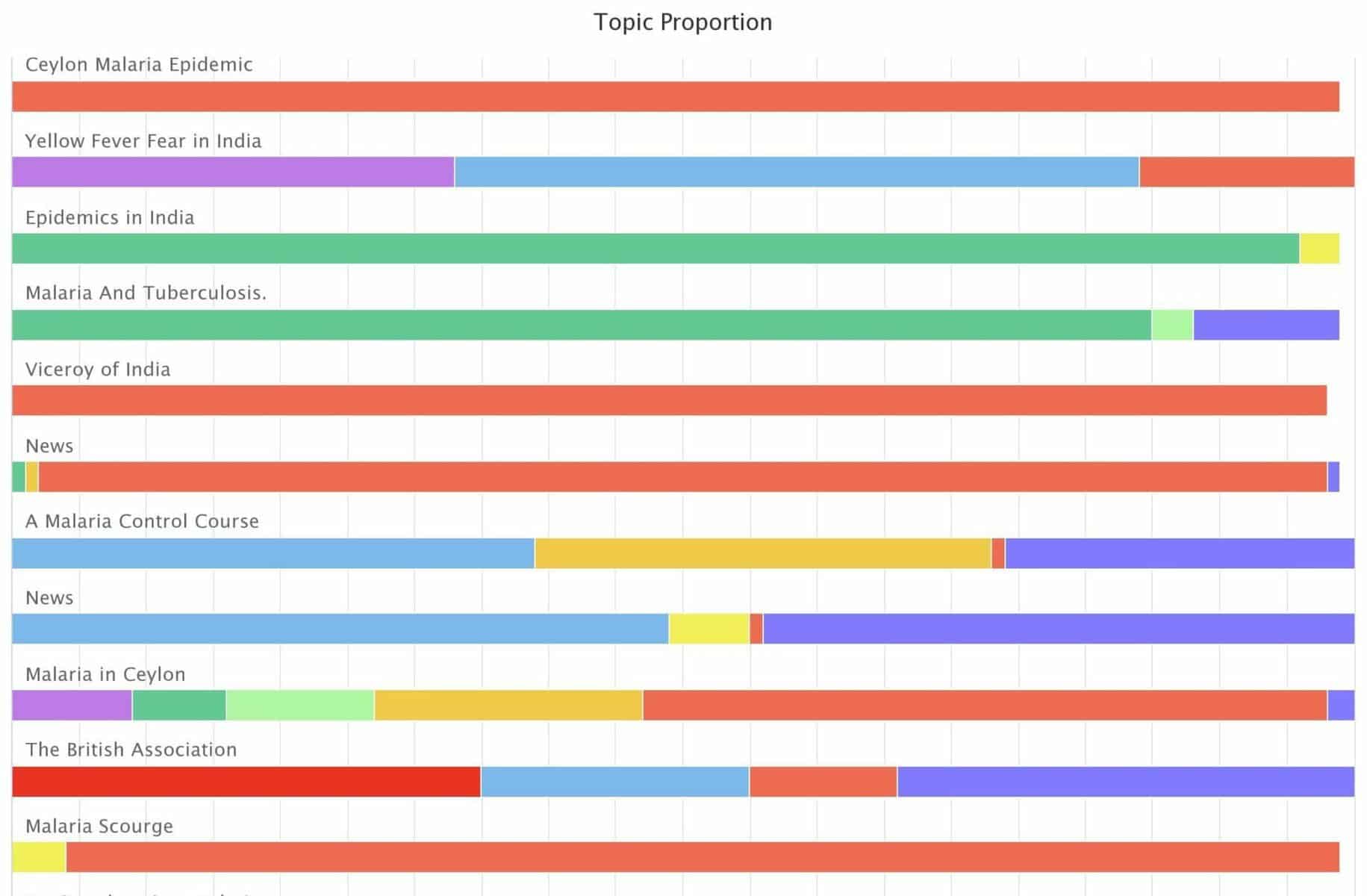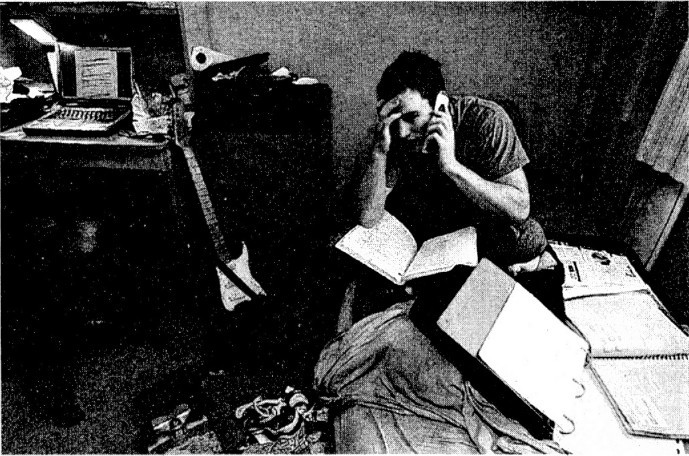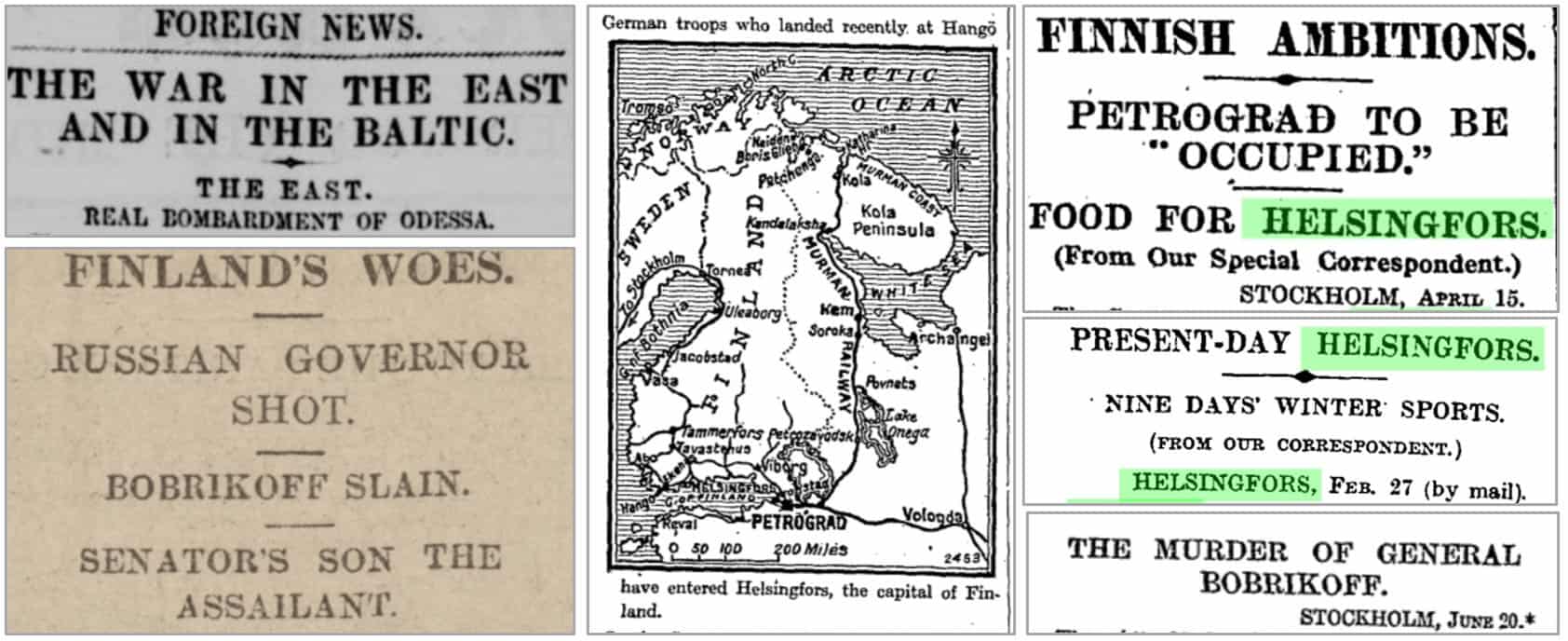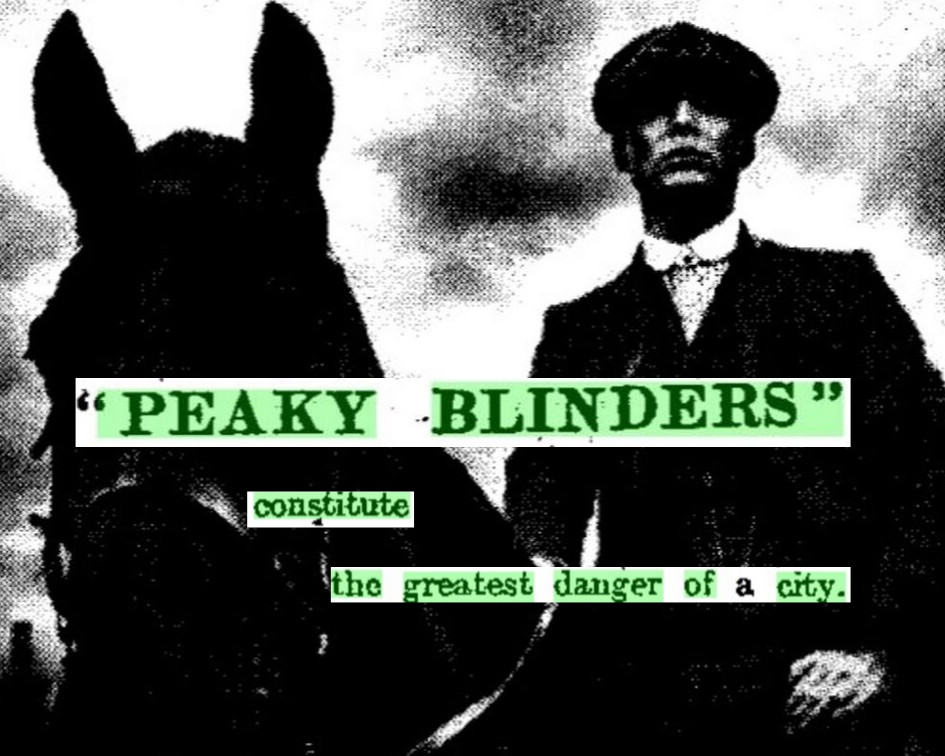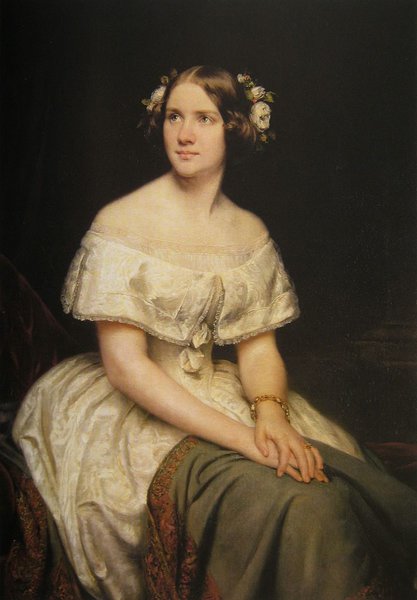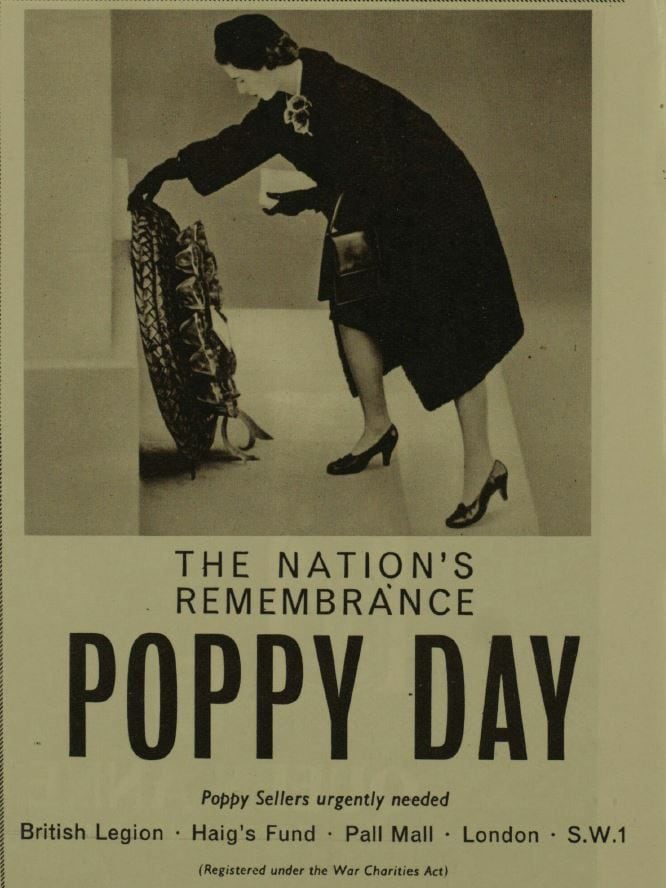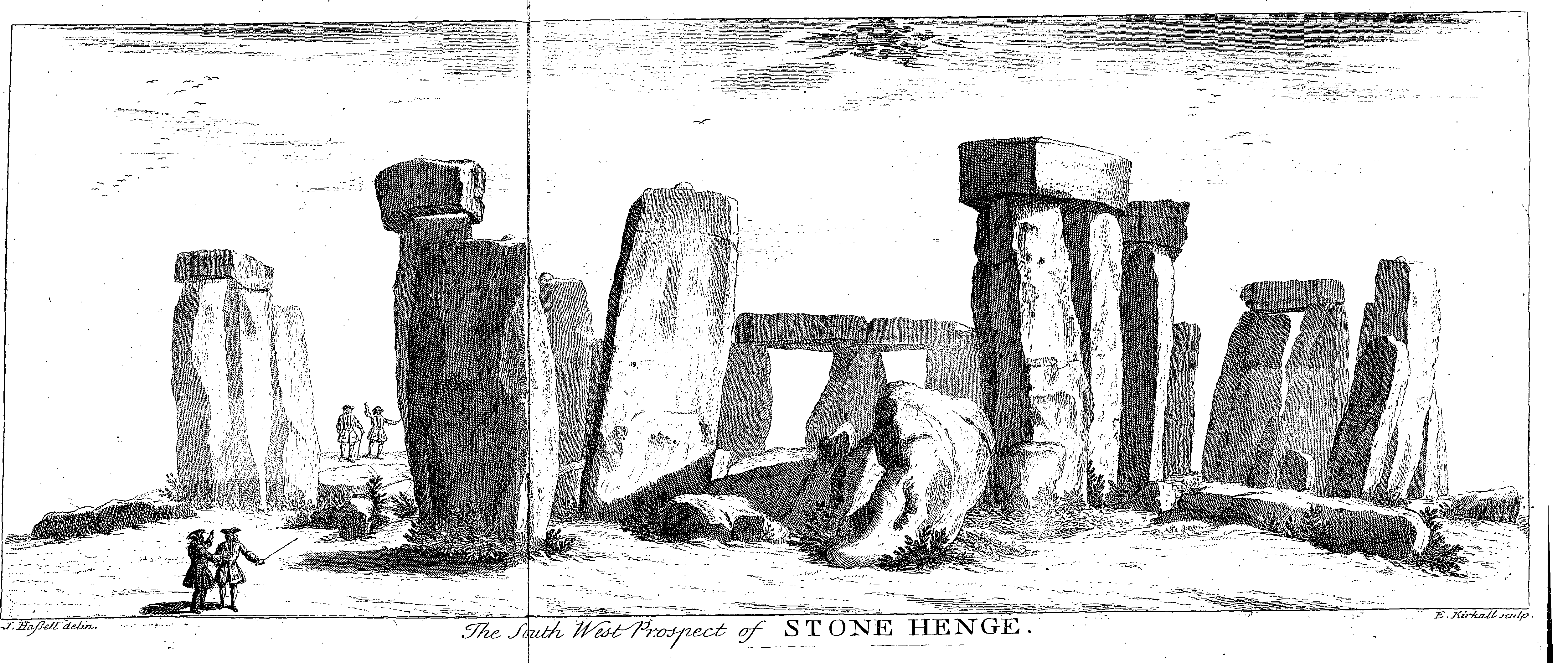│By Jagyoseni Mandal, Gale Ambassador at the University of Oxford│
The global pandemic that hit us last year and continues to affect numerous aspects of life has made research particularly difficult. I can say this from personal experience, as I have had to study for more than a term at my home in India, where I am stuck because of COVID, rather than studying at my university in Oxford. This situation risked affecting both my mental health and my studies; I felt I was running out of both time and resources for my research. But discovering the Gale Digital Scholar Lab has been a revelation, opening up a whole new area of potential research to me, and it is accessible entirely remotely. In this post I am going to share how the Gale Digital Scholar Lab made Digital Humanities accessible to me; how the various tools in helped me in my research and led me to discover more topics around my area of interest.

